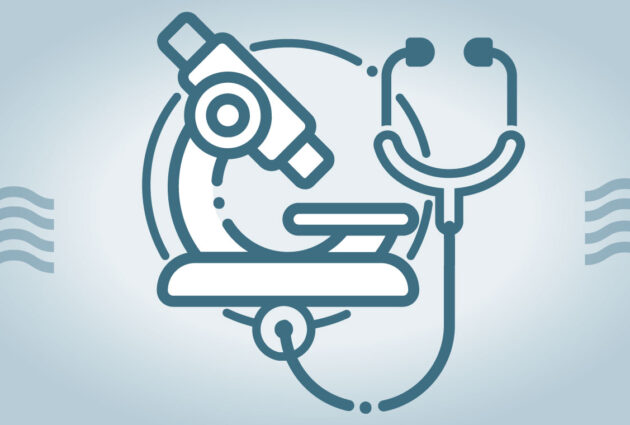Community Impact Grant
Advocates in Medicine Pathway 2.0: Promoting Inclusion of Rural and Underrepresented Students in the Physician Workforce
Awarded in
2023
This project, titled Advocates in Medicine Pathway 2.0, seeks to improve representation in medicine in North Central Wisconsin by addressing barriers to medical school for rural and underrepresented medicine students from this region. Strong doctor-patient relationships are crucial to providing excellent health care and such relationships are best facilitated by having physicians that represent the people that make up the local community. Students from rural, underserved communities are most likely to return to those areas to practice medicine, but these students often face barriers to matriculating to medical school.

